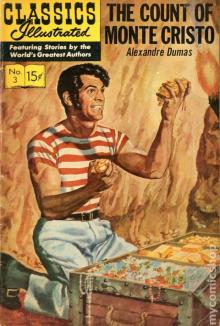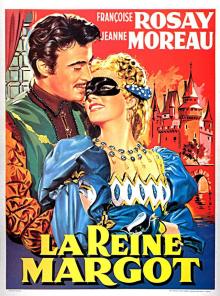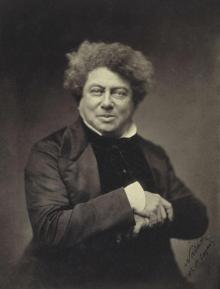- Home
Page 4
Page 4
 The Count of Monte Cristo, Illustrated
The Count of Monte Cristo, Illustrated Knight of Maison-Rouge
Knight of Maison-Rouge![The Three Musketeers - Alexandre Dumas - [Full Version] - (ANNOTATED) Read online](http://i1.bookreadfree.com/14/the_three_musketeers_-_alexandre_dumas_-_[full_version]_-_annotated_preview.jpg) The Three Musketeers - Alexandre Dumas - [Full Version] - (ANNOTATED)
The Three Musketeers - Alexandre Dumas - [Full Version] - (ANNOTATED) The Man in the Iron Mask
The Man in the Iron Mask The Count of Monte Cristo (Penguin Classics eBook)
The Count of Monte Cristo (Penguin Classics eBook) Count of Monte Cristo (abridged) (Barnes & Noble Classics Series)
Count of Monte Cristo (abridged) (Barnes & Noble Classics Series) The Women's War
The Women's War La reine Margot. English
La reine Margot. English The Vicomte de Bragelonne
The Vicomte de Bragelonne__english_preview.jpg) La dame aux camélias (Novel). English
La dame aux camélias (Novel). English The Count of Monte Cristo
The Count of Monte Cristo Balsamo, the Magician; or, The Memoirs of a Physician
Balsamo, the Magician; or, The Memoirs of a Physician Ten Years Later
Ten Years Later The Romance of Violette
The Romance of Violette The Mesmerist's Victim
The Mesmerist's Victim Vingt ans après. English
Vingt ans après. English Le collier de la reine. English
Le collier de la reine. English Taking the Bastile; Or, Pitou the Peasant
Taking the Bastile; Or, Pitou the Peasant The Hero of the People: A Historical Romance of Love, Liberty and Loyalty
The Hero of the People: A Historical Romance of Love, Liberty and Loyalty Louise de la Valliere
Louise de la Valliere Les Quarante-cinq. English
Les Quarante-cinq. English Ange Pitou (Volume 1)
Ange Pitou (Volume 1) The Royal Life Guard; or, the flight of the royal family.
The Royal Life Guard; or, the flight of the royal family. Les trois mousquetaires. English
Les trois mousquetaires. English Une fille du régent. English
Une fille du régent. English The Knight of Maison-Rouge
The Knight of Maison-Rouge The Count of Monte Cristo (Unabridged Penguin)
The Count of Monte Cristo (Unabridged Penguin) Ange Pitou
Ange Pitou The Romance of Violette (vintage erotica)
The Romance of Violette (vintage erotica) The Three Musketeers
The Three Musketeers Three Musketeers (Barnes & Noble Classics Series)
Three Musketeers (Barnes & Noble Classics Series) Georges
Georges Man in the Iron Mask (Barnes & Noble Classics Series)
Man in the Iron Mask (Barnes & Noble Classics Series) The Red Sphinx
The Red Sphinx